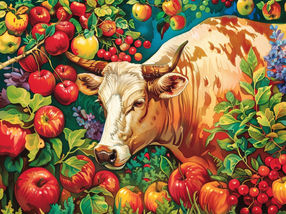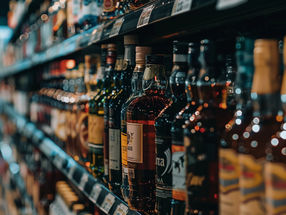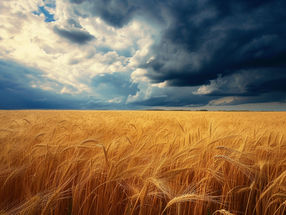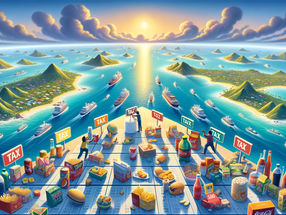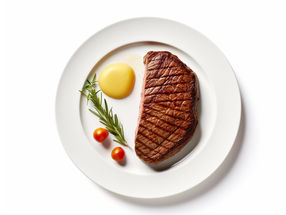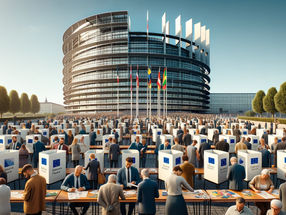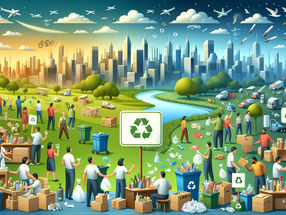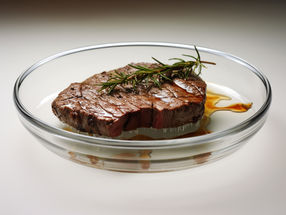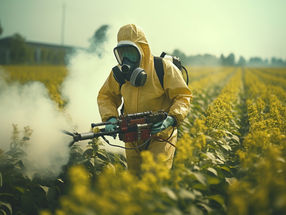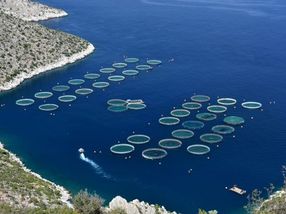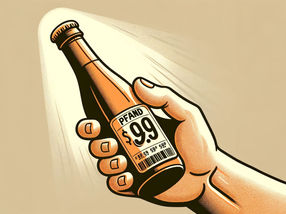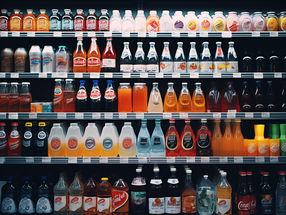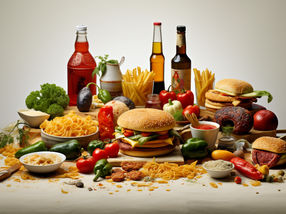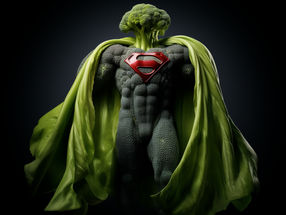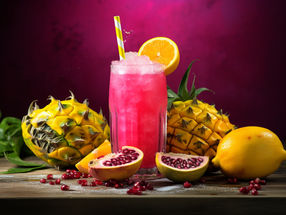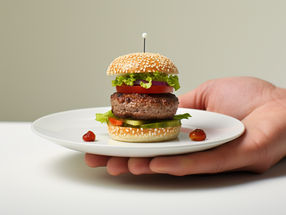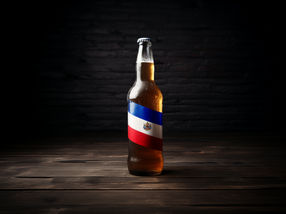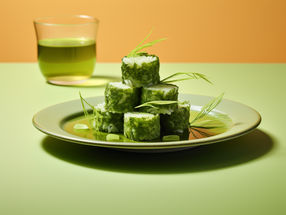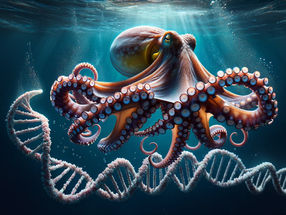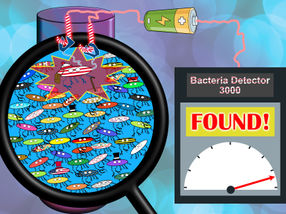Russian embargo eats into earnings of Europe's farmers
It's a long way to Russia from Rungis, the world's biggest wholesale food market on the outskirts of Paris. So when trucks laden with pungent camemberts, bries and other French cheeses was turned back at the Russian border on August 7 and forced to return to Paris, there was consternation in Rungis. Cheese exporter Fromi Rungis, which had a truck in the convoy, was just about to load a second vehicle for Russia. Like most exporters the company expected there would be a lag between President Vladimir Putin's August 6 announcement of a ban on most food imports from the EU, US, Australia, Canada and Norway and its implementation. Instead, the ban came into effect the next day, leaving exporters with mountains of unsold Brie de Meaux, Morbier and other specialities. "The worst was trying to find a buyer for the goods already in transit. They had one heck of a journey," Fromi Rungis manager Diana Yesiltepe told dpa in an interview. Similar scenes were playing out in the fruit and vegetable, meat and fish sectors as Russia hit back at the West for imposing sanctions on Moscow over the crisis in Ukraine. With farm exports to Russia totalling 15.8 billion in 2013 the EU has taken most of the punishment. From Poland to Perpignan producers are still scrambling to offload surpluses and develop new markets to replace their Russian custom. For French cheesemakers, Russia was a market that was just starting to ripen after years of efforts to get products approved for sale and countless presentations and promotions to tantalize Russian tastebuds. "It's not easy to enter the Russian market. It's another world. After 15 years, we were just getting going," Yesiltepe sighed. Nicolas Medard, sales director of Thomas Export, another Rungis-based trader, had a similar experience. "Sometimes it took eight months to get a product approved," he said. For Fromi Rungis, which achieves 10 per cent of its exports in Russia, this was to be the breakthrough year. The company had just clinched a contract to supply the Russian arm of French supermarket chain Auchan. By June, the company was at 2 million euros in sales to Russia - more than double the amount by the same period in 2013. Then along came the embargo, saddling the company with 10 tonnes of cheese with a rapidly shrinking shelf life. "It was very frustrating," Yesiltepe said with a rueful smile. When it comes to Russian dairy imports France is a bit player, dwarfed by the Netherlands, Finland and Germany. On the fruit front, Poland is hurting the hardest. Last year, Poland exported 677,000 tonnes of apples to Russia - more than half its entire harvest. Poles have reacted with humour, vowing in a viral social media campaign to eat more apples just to annoy Russian President Vladimir Putin. But producers in other European countries fear the surplus will find its way onto their markets, at knock down prices. "We're already seeing the impact on carrots, cauliflowers, broccoli, cucumber and carrots," Jacques Rouchausse, president of Legumes de France vegetable producers association told dpa. "Markets are being destabilized. Prices are in flux because a lot of goods are still on the market," he said. To cushion the blow, the EU has pledged to spend 125 million euros on buying up fruit and vegetable surpluses. This week, the bloc also promised an unspecified amount of aid for dairy producers. While waiting for the cold spell in Russian-EU relations to pass France's cheese producers comfort themselves with the knowledge that their savoir-faire cannot be easily replicated. They believe cheese-loving Russians will eventually pressure their government to relent. But they also recognize the enormous capacity of Russians to endure. "They're not like the French," Yesiltepe of Fromi Rungis mused. "The French would already be in the street demonstrating. It's not the same culture."
Most read news
Other news from the department politics & laws

Get the food & beverage industry in your inbox
From now on, don't miss a thing: Our newsletter for the food & beverage sector brings you up to date every Tuesday and Thursday. The latest industry news, product highlights and innovations - compact and easy to understand in your inbox. Researched by us so you don't have to.

